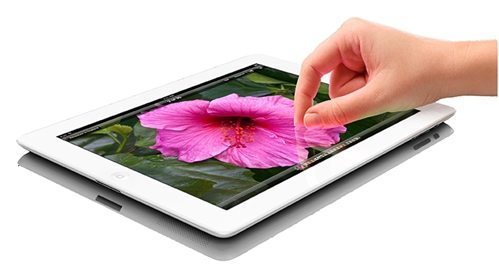A number of organizations have recently announced new offerings within the telecom device sector, including BlackBerry, which enhanced its security measures with a new encryption certification. Additionally, several Asentria devices have been approved for utilization with Verizon networks, and Apple re-released its fourth generation iPad with Retina Display to take the place of its aging iPad 2.
BlackBerry utilizes new cryptography certification
On March 26, BlackBerry announced an enhancement to the security of its multi-platform mobility portfolio: The addition of Federal Information Processing Standard 140-2 certification. The FIPS certificate provides encryption technology to better protect sensitive data and improve clients' abilities to implement a secure work environment.
"FIPS 140-2 certification indicates that BlackBerry is meeting the strict security requirements that many enterprise customers require," IDC mobility analyst Ben Hoffman said.
Verizon approves Asentria S550, S530 SiteBoss units
Asentria announced that its SiteBoss S550 and S530 devices had passed Verizon Wireless's standards qualifying requirements and are now available for use within the telecom's network. The S550 unit is utilized for the monitoring and management of remote cell site locations and has features to oversee power issues associated with HVAC systems, rectifiers, battery banks, generators and other components. The S350 can be mounted on cell-on-wheels, cell-on-a-light truck or generator-on-a-trailer and boasts features like an LTE modem and GPS.
Apple rearranges iPad offerings
Apple also recently announced changes to its iPad lineup, including the re-emergence of the fourth-generation iPad with Retina Display as a replacement for the aging iPad 2. According to CNET, the tablet comes equipped with 16GB of storage space and users can choose between services from AT&T, Sprint, T-Mobile or Verizon. Models featuring Wi-Fi only sell for $399, and tablets with Wi-Fi and cellular are $529.
The source also reported that Apple is considering releasing an 8GB iPhone 5C, an even cheaper alternative to the company's cost-effective, colorful smartphone. Currently, consumers can purchase iPhone 5Cs with 16 to 32GB of storage space.

